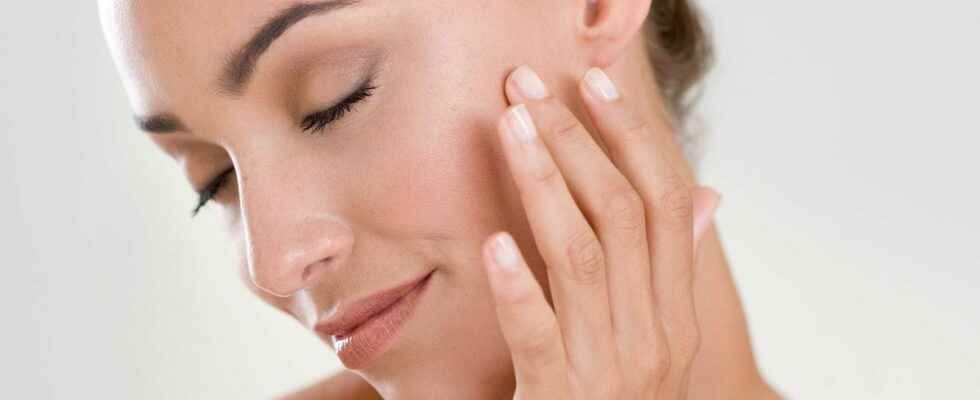Published on
Updated
Reading 2 mins.
Being pretty would not be a privilege as the hashtag “Pretty Privilege” suggests, but rather a curse. Another hashtag has been gaining momentum on TikTok lately, that of “Pretty Girl Cuse”. This hashtag still raises the question of the standardization of beauty in our societies.
If beauty is often seen as a privilege, it would, on the contrary, be a curse for some. The proof with the emergence of the hashtag “Pretty Girl Curse“(“the curse of pretty girls”, in French) which is close to six billion views on the social network Tik Tok. Thousands of videos of Internet users list the disadvantages encountered as “pretty people”. Free access to paid places, gifts, special treatment… But all these privileges, obtained thanks to an attractive physique, would hide an unsuspected curse.
This is what Shye Lee, an American Tik Toker, advances in a video which got 35,000 views. In this video, the young woman tells how her social life would have been tarnished by her physique. In several other videos, she details the challenges faced by people with an attractive physique. “I see no privilege in being beautiful”. She explains for example that beautiful people are taken less seriously in the world of work, that they are much more likely to be kidnapped or assaulted by strangers. Not to mention the difficulty of making friends, or keeping them. “My friend was scolding me for dressing too sexy and making her feel uncomfortable when her boyfriend was around”. In the end, she does not feel that she enjoys the glamorous “privileges” obtained thanks to her appearance on a daily basis.
Abby Friedman also testifies on TikTok to this “Pretty Girl Curse”. Certainly, losing twenty pounds, she noticed the difference in the eyes of others. However, his physical transformation would have brought all kinds of prejudices. “Some people think I’m intimidating and mean.” Others think, according to her, that she is not perceived, at first sight, as an intelligent person. It would seem that a woman cannot cumulate the privileges. The so-called beautiful women still drag behind them an image of necessarily superficial potiche.
The standardization of beauty?
But behind these hashtags and this (fake) debate lies a deeper question: What is meant by “beautiful”? What makes one person “more beautiful” than another? Behind this notion of beauty are often hidden criteria that conform to society’s ideals of beauty. “We therefore almost systematically find on these praised physique: Caucasian features, white skin (but golden, the sign of endless vacations), a thinness and a rigorous youth, a cisgender identity, a valid body), as explained by the journalist Alice Pfeiffer in her article “Who benefits from the Pretty privilege” published on Nylon.
The beauty would unsurprisingly correspond to current Western standards of beauty, accentuated by social networks. “A cyborg look specific to social networks and reinforcing the codes in force: an ultra-juvenile face, without pores, with high cheekbones, huge eyes of infantilizing cats, eyelashes worthy of a doll, a very small nose and a thick mouth”she continues.
